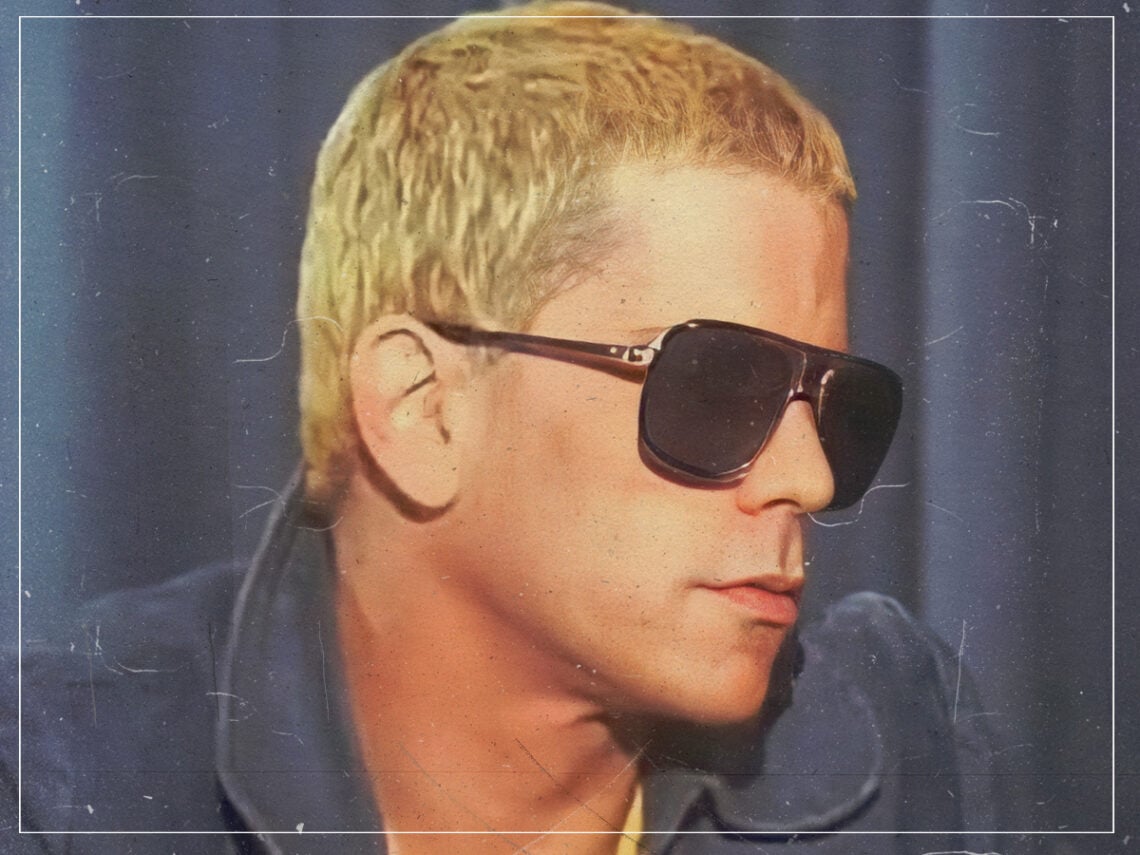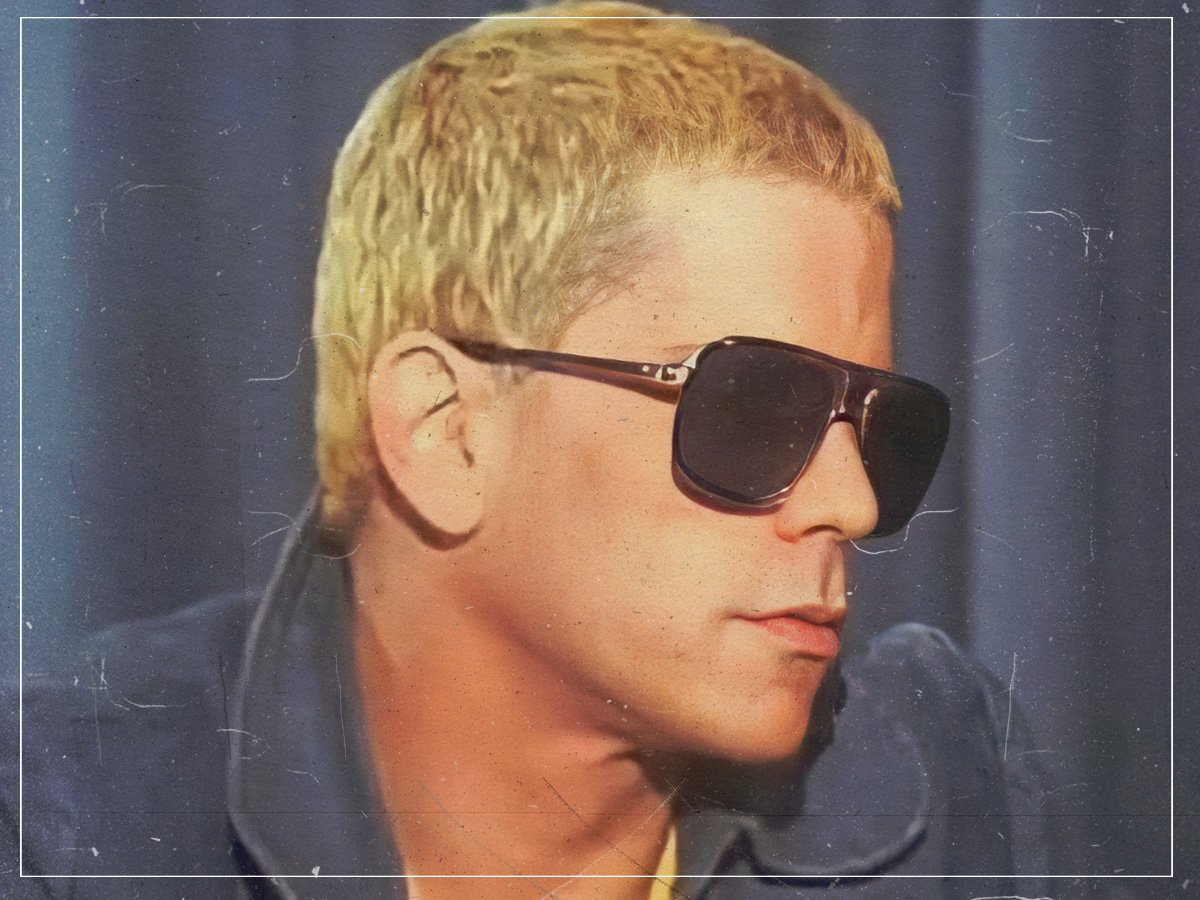
(Credits: Far Out / YouTube Still)
Tue 14 October 2025 18:30, UK
Part of being a young music fan is accepting that the generations before you are likely going to hate the music you play. If anything, it’s a dynamic you should relish, as you use music to rebel against those who have come before you. It’s what all great musicians from every era did, and Lou Reed was no exception.
Sonically, they were hellbent on departing from conventional norms. Pioneers of avant-garde art-rock, they were always pushing at the boundaries of what was considered acceptable in the contemporary era, to give a heightened sense of meaning to a forward-thinking generation of music fans. Then, on top of all of that were lyrics that gave a truly frank portrayal of modern life’s gritty realities. Be it drug use or sex, Reed’s lyrics constantly pushed at the edge of offence.
That is, of course, one more overt way of showing artistic revolution. However, the more popular that method becomes, the more antiquated it sounds in the following years, and so to move music forward, originality and difference are once again required. And where better to find that than the city in which The Velvet Underground rose to fame? New York.
It has always been a hotbed of creativity and a place where new ideas could take the entire zeitgeist by storm. Whether it was The Velvet Underground in the late 1960s, or the Ramones in the late 1970s and perhaps most iconic of all, The Talking Heads in the 1980s. In whatever decade, it has always been a city at the confluence of culture.
In the 2000s, that idea manifested itself through The Strokes. They were the band of that generation, and their seminal album, Is This It, sparked a new revolution of modern indie rock. But Reed wasn’t so convinced, and labelled The Strokes as well as one other band of their era, as rather underwhelming rock torchbearers.
He said, “There are two radio stations I listen to all the time, and you hear The White Stripes and The Strokes and hundreds more. Is it as exciting now as it was 30 years ago? I’m not a critic, but 30 years ago, things were new. It’s not new now. What’s new is the technology. The sounds producers are getting today are just fantastic, really exciting, amazing. I couldn’t comment on what the songs are saying because it’s very hard to understand the words.”
In the case of The Strokes, I would argue that their sense of sonic innovation was perhaps a little more subtle than Reed is giving them credit for.
Because here we were, entering this strange new millennium where the promise of rapid digitalisation loomed over us. Yet the band that we heralded as the voice of our generation embraced the sort of lo-fi aesthetic and soundscape that pushed back against that idea entirely. It was, in essence, the biggest act of sonic rebellion and innovation that a band could have possibly embarked on during that era, as it was a wholehearted neglecting of all the expectations placed on them.
Related Topics
